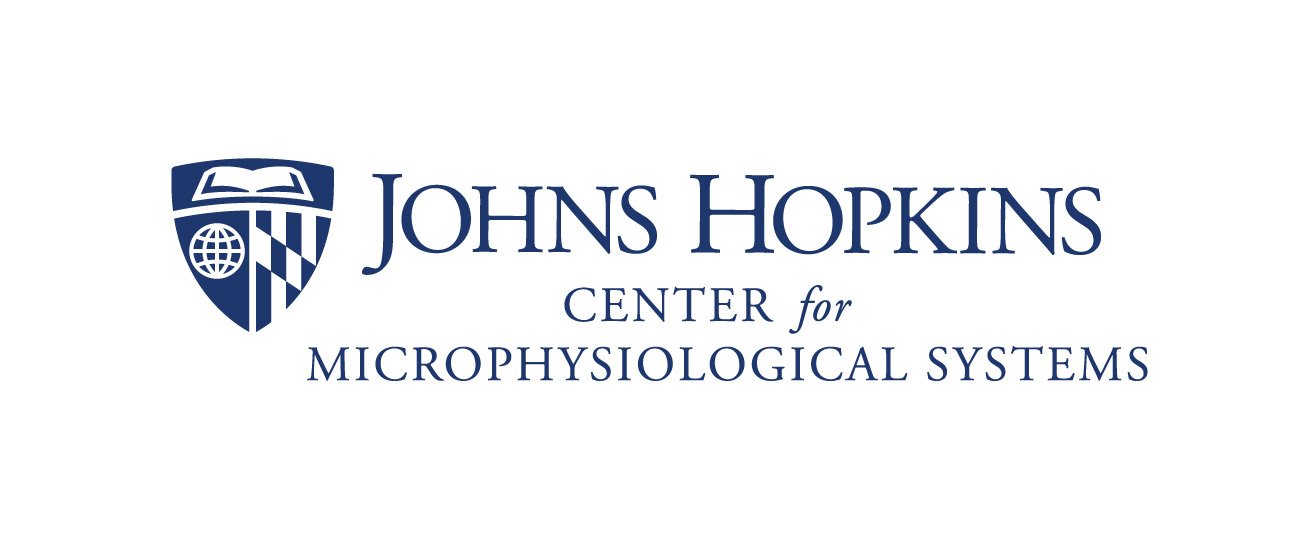Johns Hopkins Develops Sensor for faster, more accurate COVID-19 tests
Researchers say the sensor combines accuracy levels approaching that of PCR testing with the speed of rapid antigen tests, and could be used for mass testing at airports, schools, and hospitals.
"The technique is as simple as putting a drop of saliva on our device and getting a negative or a positive result," said Ishan Barman, an associate professor of mechanical engineering, who along with David Gracias, a professor of chemical and biomolecular engineering, are senior authors of the study. "The key novelty is that this is a label-free technique, which means no additional chemical modifications like molecular labeling or antibody functionalization are required. This means the sensor could eventually be used in wearable devices."
https://hub.jhu.edu/2022/03/29/covid-19-test-sensor/?utm_source=Hub+-+Synced+List&utm_campaign=04d6e4efaa-EMAIL_CAMPAIGN_2022_03_29_01_19&utm_medium=email&utm_term=0_3aa22d10c7-04d6e4efaa-71580752&mc_cid=04d6e4efaa&mc_eid=b4f50a7cda
